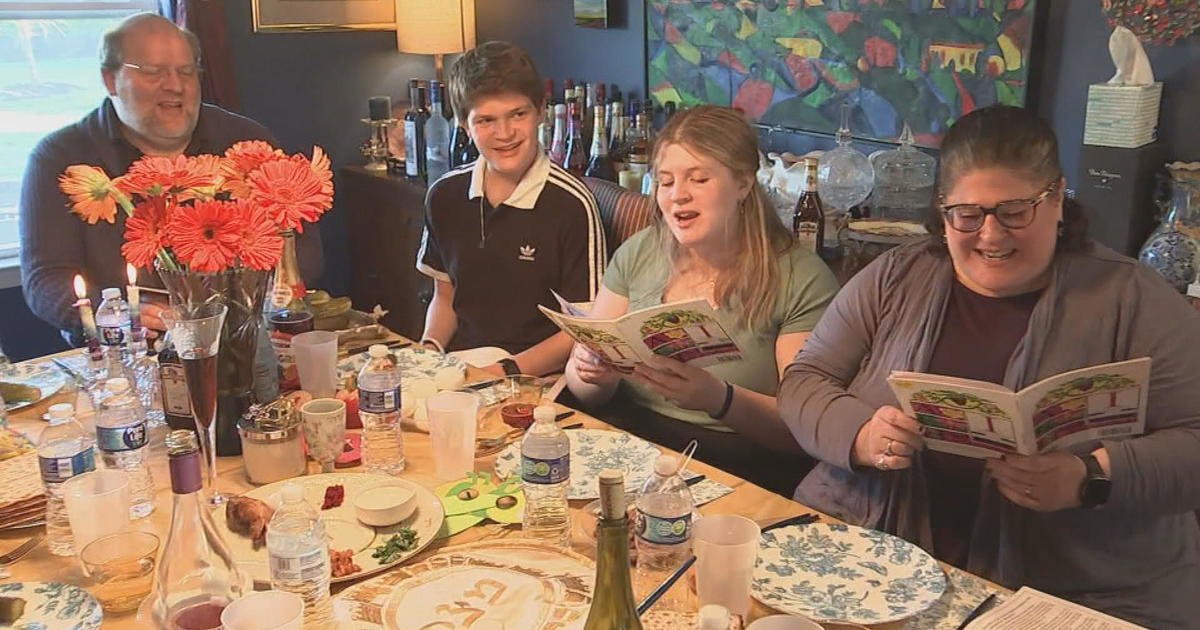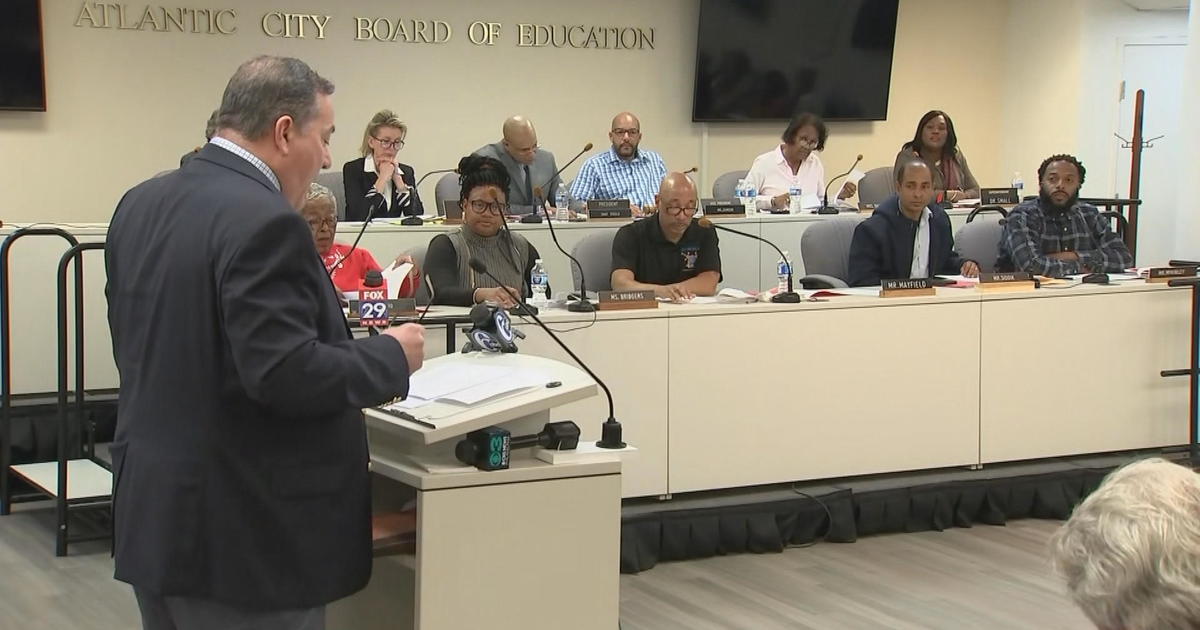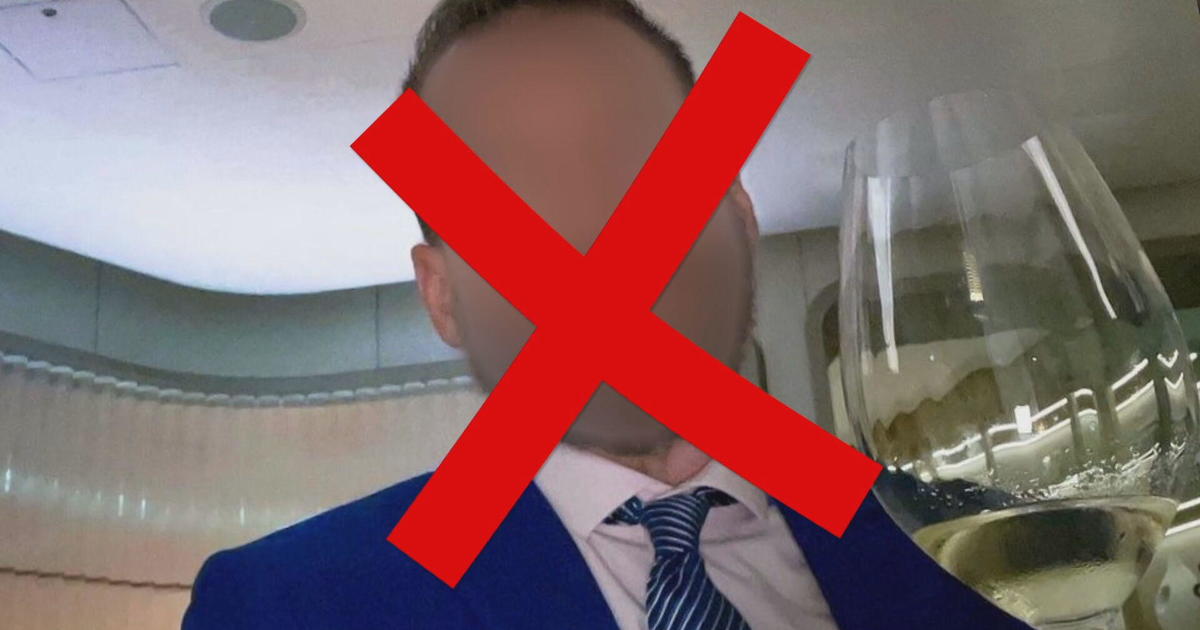Coronavirus New Jersey: Certain Low-Risk Inmates To Be Placed On Temporary Home Confinement As COVID-19 Cases Top 54,000
TRENTON, N.J. (CBS/AP) -- Gov. Phil Murphy will allow certain low-risk inmates to be placed on temporary home confinement during the pandemic as the number of coronavirus cases in the state tops 54,000. Over 1,900 New Jersey residents have now died from COVID-19.
On Friday, Gov. Phil Murphy reported 3,627 additional cases, bringing the statewide total to 54,588. Murphy says 233 more people died from COVID-19, raising the death toll to 1,932.
The governor says he's signing an executive order to allow certain low-risk inmates to be placed on temporary home confinement or granted parole if eligible amid the pandemic.
State correctional institutions are seeing COVID-19 spread within their walls, the governor said, leading him to sign the order.
The low-risk individuals include those who are 60 and over or health status puts them at risk for the virus, who had been denied parole within the past year, or whose sentences are set to expire within the next three months. No one who convicted a serious crime, such as murder, sexual assault, among others, will be considered.
No one who can meet those standards will be released.
"We're setting up a robust process through which each potentially eligible individual must be determined to be safe to place on home confinement. each will be required to have an individualized release plan to ensure they will have access to all necessary services," Murphy said.
One inmate has died and 20 others have tested positive.
While the number of positive cases and fatalities continue to climb, Murphy said, "good early signs" were beginning to emerge.
The rate at which the number of positive cases doubles in hard-hit Bergen County had lengthened to about seven days, up from about three days.
Meanwhile, grocery store shoppers are seeing some changes designed to prevent the spread of the coronavirus. These changes, mandated by Murphy, went into effect Friday.
Store occupancy must be held at 50% of maximum capacity, social distancing must be observed at all times and masks are being required for everybody workers and customers.
Coronavirus Latest: What You Need To Know And Staying Connected
To help protect some of the most vulnerable, like the elderly, New Jersey Stores must also establish special hours for them to do their shopping.
On Thursday, the governor signed an executive order to extend the grace period for paying insurance premiums.
For health and dental insurance, the grace period will be 60. Renters, home, auto and life insurance policies will have a 90-day grace period.
Insurers can't demand payment of premiums in a lump sum after grace period ends, but payments will have to be "smoothed out" over the life of your premium payments, according to the governor.
CBS3's Natasha Brown contributed to this report.
(© Copyright 2020 CBS Broadcasting Inc. All Rights Reserved. The Associated Press contributed to this report.)



